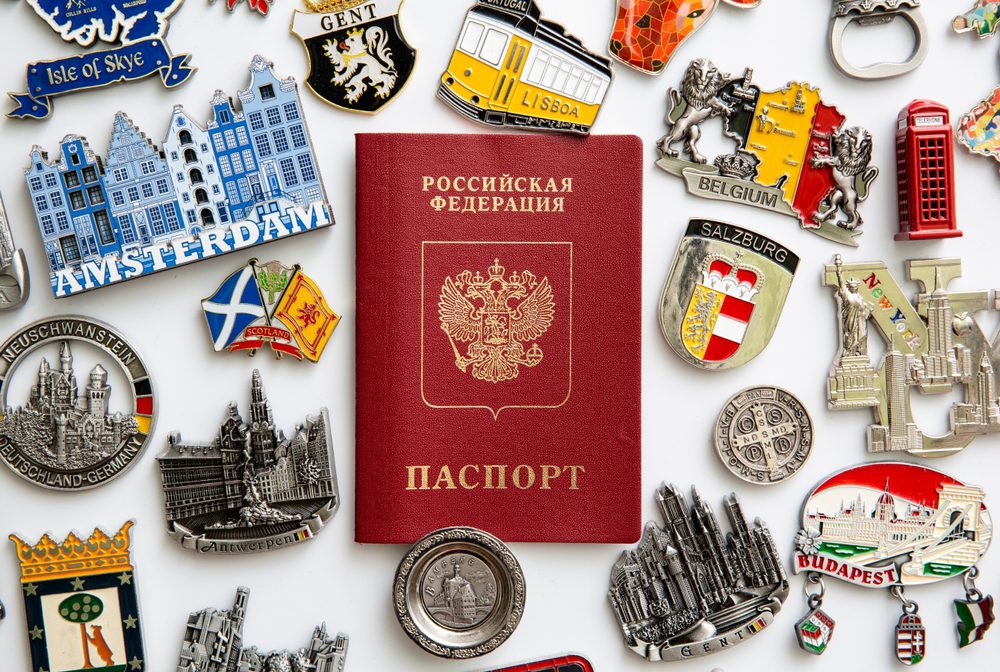
The debate on whether to ban Russian citizens from applying for visas in the European Union has ended with a compromise. On Wednesday, August 31st, the EU decided to suspend the existing agreement with Russia that eases visa issuance, but decided against a complete visa ban in absence of unanimity on the matter.
During the meeting in Prague, the foreign ministers of the EU agreed on the suspension of the agreement from 2007, but the decision needs to still be translated into EU law, so it isn’t clear yet when the suspension would come into force.
According to Josep Borrell, the EU’s representative for foreign policy, the new rules will make it more difficult for Russians to get a visa from an EU member state and the number of visas issued will be reduced “substantially.” Borrell pointed to a “substantial increase of border crossings” by Russians since mid-July, a fact that he called “a security risk for these neighboring states.”
“We have seen many Russians traveling for leisure and shopping as if no war was raging in Ukraine,” said Borrell. “Member states considered that it cannot be business as usual.”
While some Eastern European States, such as the Baltic States and Poland, were in favor of a blanket ban, Germany and France, as well as Hungary, argued against such drastic measures. The countries in favor of the ban had previously announced looking into possibilities of regional visa prohibitions if the motion for an EU-wide ban failed.
With currently 12 million valid Russian visas, the European Commission has been tasked with coming up with a solution for this matter. “There are various ways forward and we can’t answer this straight away,” said Czech Foreign Minister Jan Lipavský, while hinting also at further steps to limit tourist traffic from Russia in a new sanctions package.
Estimates are that one million Russian citizens have entered the EU since the Russian invasion of Ukraine on February 24th. Most travelers have entered the EU via Estonia or Finland, as air links have been blocked by sanctions.
A joint statement issued by Poland, Finland, Estonia, Latvia, and Lithuania announced putting into place “temporary measures on the national level in order to address imminent public security issues related to the increased influx of Russian citizens across our borders.”
Earlier, some countries had already drastically reduced the number of visas issued to Russians, but Josep Borrell urged Europe not to shut the door on Russians completely: “We don’t want to cut ourselves off from those Russians who are against the war in Ukraine, we don’t want to cut ourselves from the Russian civil society.” A similar notion was expressed in a memo that circulated before the meeting in which Germany and France warned against measures that might feed “the Russian narrative and trigger unintended rallying-around-the flag effects and/or estrange future generations,” adding that “we should not underestimate the transformative power of experiencing life in democratic systems.”
